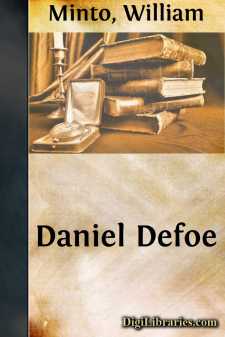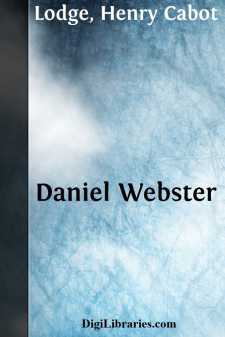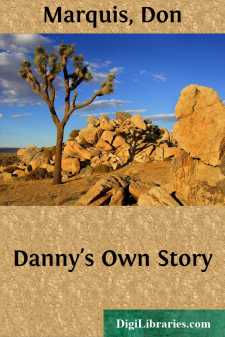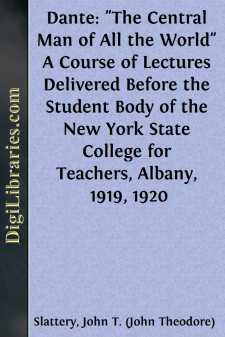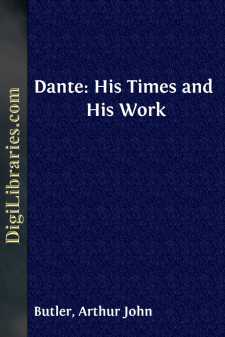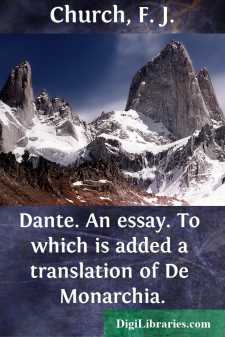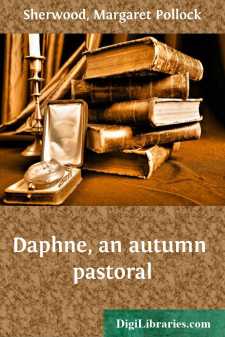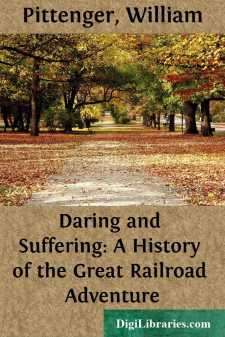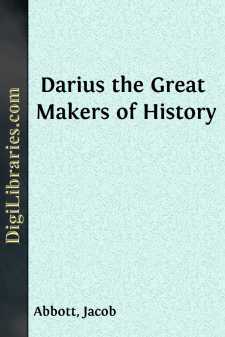Categories
- Antiques & Collectibles 13
- Architecture 36
- Art 48
- Bibles 22
- Biography & Autobiography 813
- Body, Mind & Spirit 142
- Business & Economics 28
- Children's Books 17
- Children's Fiction 14
- Computers 4
- Cooking 94
- Crafts & Hobbies 4
- Drama 346
- Education 46
- Family & Relationships 57
- Fiction 11829
- Games 19
- Gardening 17
- Health & Fitness 34
- History 1377
- House & Home 1
- Humor 147
- Juvenile Fiction 1873
- Juvenile Nonfiction 202
- Language Arts & Disciplines 88
- Law 16
- Literary Collections 686
- Literary Criticism 179
- Mathematics 13
- Medical 41
- Music 40
- Nature 179
- Non-Classifiable 1768
- Performing Arts 7
- Periodicals 1453
- Philosophy 64
- Photography 2
- Poetry 896
- Political Science 203
- Psychology 42
- Reference 154
- Religion 513
- Science 126
- Self-Help 84
- Social Science 81
- Sports & Recreation 34
- Study Aids 3
- Technology & Engineering 59
- Transportation 23
- Travel 463
- True Crime 29
Sort by:
by:
William Minto
CHAPTER I. DEFOE'S YOUTH AND EARLY PURSUITS. The life of a man of letters is not as a rule eventful. It may be rich in spiritual experiences, but it seldom is rich in active adventure. We ask his biographer to tell us what were his habits of composition, how he talked, how he bore himself in the discharge of his duties to his family, his neighbors, and himself; what were his beliefs on the great...
more...
by:
George Eliot
CHAPTER I. Men can do nothing without the make-believe of a beginning. Even science, the strict measurer, is obliged to start with a make-believe unit, and must fix on a point in the stars' unceasing journey when his sidereal clock shall pretend that time is at Nought. His less accurate grandmother Poetry has always been understood to start in the middle; but on reflection it appears that her...
more...
CHAPTER I. CHILDHOOD AND YOUTH. No sooner was the stout Puritan Commonwealth of Massachusetts firmly planted than it began rapidly to throw out branches in all directions. With every succeeding year the long, thin, sinuous line of settlements stretched farther and farther away to the northeast, fringing the wild shores of the Atlantic with houses and farms gathered together at the mouths or on the...
more...
by:
Don Marquis
CHAPTER I HOW I come not to have a last name is a question that has always had more or less aggervation mixed up with it. I might of had one jest as well as not if Old Hank Walters hadn't been so all-fired, infernal bull-headed about things in gineral, and his wife Elmira a blame sight worse, and both of em ready to row at a minute's notice and stick to it forevermore. Hank, he was...
more...
DANTE AND HIS TIME To know Dante we must know the age which produced Christianity's greatest poet, he whom Ruskin calls "the central man of all the world, as representing in perfect balance the imaginative, moral and intellectual faculties, all at their highest." Other writers are not so dependent upon their times for our clear understanding of their books. Dante to be intelligible to the...
more...
PREFACE This little book is mainly compounded of papers which appeared, part in the Monthly Packet, and part in the Magazine of the Home Reading Union. It will be seen, therefore, that it is not intended for those whom Italians call “Dantists,” but for students at an early stage of their studies. To the former class there will be nothing in the book that is not already familiar—except where they...
more...
by:
F. J. Church
DANTE. [Jan. 1850.] The Divina Commedia is one of the landmarks of history. More than a magnificent poem, more than the beginning of a language and the opening of a national literature, more than the inspirer of art, and the glory of a great people, it is one of those rare and solemn monuments of the mind's power, which measure and test what it can reach to, which rise up ineffaceably and for ever...
more...
CHAPTER I "Her Excellency,—will she have the politeness," said Daphne slowly, reading from a tiny Italian-English phrase-book, "the politeness to"—She stopped helpless. Old Giacomo gazed at her with questioning eyes. The girl turned the pages swiftly and chose another phrase. "I go," she announced, "I go to make a walk." Light flashed into Giacomo's face....
more...
INTRODUCTION. While our absent brothers are battling on the field, it is becoming that the friends at home should be eager for the minutest particulars of the camp-life, courage and endurance of the dear boys far away; for to the loyal lover of his country every soldier is a brother. The narrative related on the following pages is one of extraordinary "daring and suffering," and will excite an...
more...
by:
Jacob Abbott
Cambyses. B.C. 530-524Cyrus the Great.About five or six hundred years before Christ, almost the whole of the interior of Asia was united in one vast empire. The founder of this empire was Cyrus the Great. He was originally a Persian; and the whole empire is often called the Persian monarchy, taking its name from its founder's native land.His extended conquests.Cyrus was not contented with having...
more...


